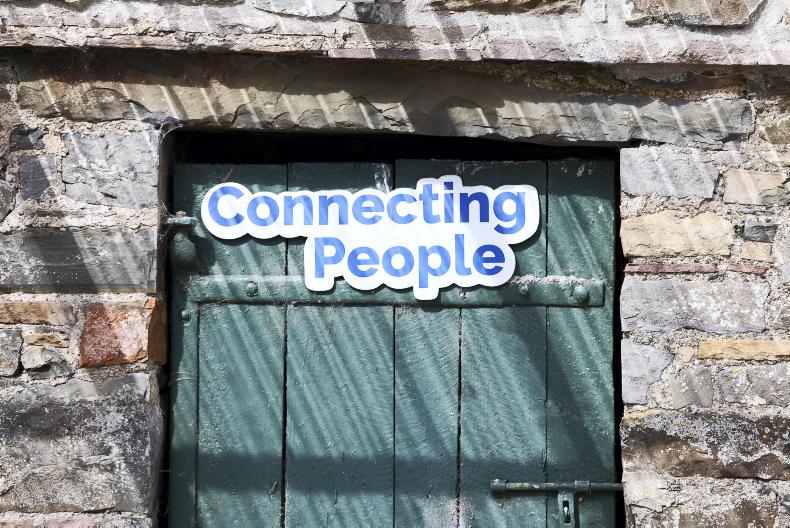The Department of Agriculture has allocated around €777,000 towards the extension of contracts in the social farming in Ireland project.
Minister for Agriculture Charlie McConalogue announced that four social farming model projects around the country and the National Social Farming Network will all benefit.
Social farming is the practice of offering, on a voluntary basis, farming and horticultural participation in a farming environment as a choice to people who avail of a range of therapeutic day support services.
Speaking on the announcement, Minister McConalogue said that participation in social farming has been shown many benefits, such as improved community connections, increased self-esteem and improved health and well-being.
“I am pleased to be able to continue to support this initiative, which provides an important service throughout rural communities for disadvantaged groups who are availing of a range of health service supports.”
Projects
Social farming operations are run in a number of settings, ranging from working family farms and local community initiatives through to more institutional frameworks.
The following social farming model projects and the National Social Farming Network will be allocated funding:
Leitrim Integrated Development Company CLG - to continue to develop the National Social Farming Network (known as Social Farming Ireland) and to model and progress full commissioning and mainstreaming of social farming supports across a range of sectors and services in Ireland.Down Syndrome Irl (Cork branch) - to provide opportunities for participation in a purpose-built farm, the Field of Dreams, with horticulture and animal care elements, which will bring long-lasting wellness benefits to participants.South Kerry Development Partnership - to increase participant and host farmer engagement, so that the social farming opportunity is available to more people in Kerry and to offer choice to people with disabilities to engage with farm families.IRD Duhallow - to promote rehabilitation, social inclusion, training and improved quality of life in a non-clinical setting using agriculture including plants and animals. To include people with mental health conditions, people with intellectual, physical or sensory disabilities, people with autism and those with hidden disabilities.
The Department of Agriculture has allocated around €777,000 towards the extension of contracts in the social farming in Ireland project.
Minister for Agriculture Charlie McConalogue announced that four social farming model projects around the country and the National Social Farming Network will all benefit.
Social farming is the practice of offering, on a voluntary basis, farming and horticultural participation in a farming environment as a choice to people who avail of a range of therapeutic day support services.
Speaking on the announcement, Minister McConalogue said that participation in social farming has been shown many benefits, such as improved community connections, increased self-esteem and improved health and well-being.
“I am pleased to be able to continue to support this initiative, which provides an important service throughout rural communities for disadvantaged groups who are availing of a range of health service supports.”
Projects
Social farming operations are run in a number of settings, ranging from working family farms and local community initiatives through to more institutional frameworks.
The following social farming model projects and the National Social Farming Network will be allocated funding:
Leitrim Integrated Development Company CLG - to continue to develop the National Social Farming Network (known as Social Farming Ireland) and to model and progress full commissioning and mainstreaming of social farming supports across a range of sectors and services in Ireland.Down Syndrome Irl (Cork branch) - to provide opportunities for participation in a purpose-built farm, the Field of Dreams, with horticulture and animal care elements, which will bring long-lasting wellness benefits to participants.South Kerry Development Partnership - to increase participant and host farmer engagement, so that the social farming opportunity is available to more people in Kerry and to offer choice to people with disabilities to engage with farm families.IRD Duhallow - to promote rehabilitation, social inclusion, training and improved quality of life in a non-clinical setting using agriculture including plants and animals. To include people with mental health conditions, people with intellectual, physical or sensory disabilities, people with autism and those with hidden disabilities. 





 This is a subscriber-only article
This is a subscriber-only article










SHARING OPTIONS: